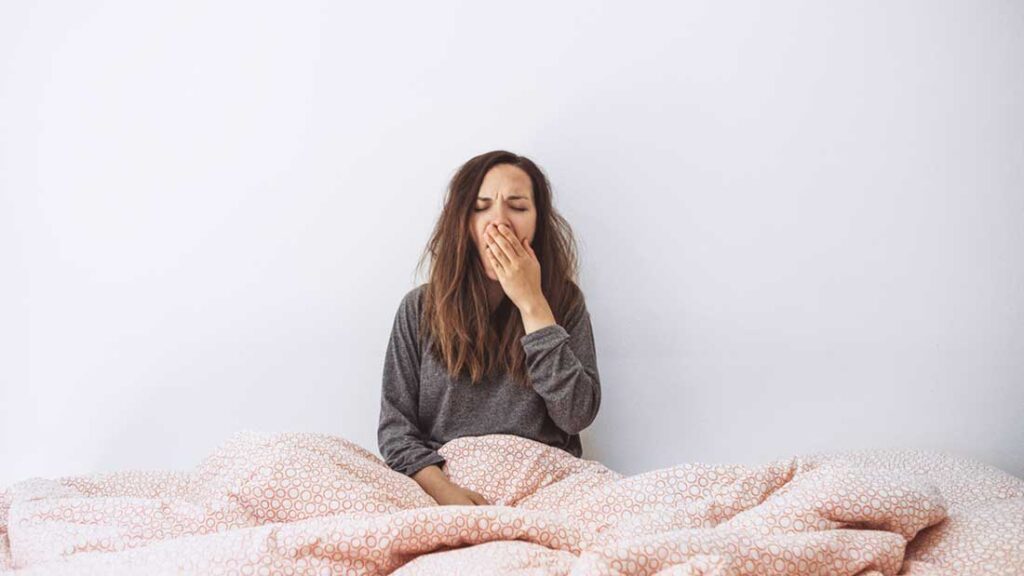
A survey of 2,000 British adults reveals that the phrase “I’m tired” escapes their lips an average of three times daily. In fact, one in 10 of the respondents say they are repeating this mantra five times or more each day. It’s become so prevalent that the health authorities have devised the acronym TATT, for “tired all the time,” to describe the condition. (1)
Feeling constantly tired has become a significant talking point among experts and the media. Also dubbed “hyper fatigue,” there are all sorts of theories as to why it’s become so prominent, from the stress of a cost of living crisis to increasingly demanding workplace environments to a society that eschews rest for buzzing, glowing screens and endless distractions.
What’s Keeping Everyone Up?
The escalating trend of extreme fatigue was forecasted for 2024 by market research firm Mintel and is believed to be a byproduct of several factors. (2) The lingering effects of the pandemic, increasing living costs, energy crises, geopolitical turbulence, and the omnipresence of social media are weighing on people and leading to total exhaustion.
According to the UK survey, general stress is the main culprit for 42 percent of respondents, while work-related problems (29 percent), money worries (24 percent), and relationship issues (19 percent) make up the rest. However, one in five respondents had difficulty pinpointing the exact cause of their sleeplessness. And they’re not just experiencing a fleeting feeling of fatigue — more than one in 10 (14 percent) are constantly weary.
This phenomenon isn’t limited to Brits, however. A comprehensive meta-analysis in 2023, which analyzed 91 studies spanning three continents, found that one in every five adults globally grappled with general fatigue for up to six months, unrelated to underlying health issues.
Women are more likely to battle fatigue than men, which is true regardless of whether they are juggling parenting duties or not — a trend consistently reflected across multiple studies. (3) This trend is reflected in further research showing men sleep more and better than women in general, possibly due to less mental burden when balancing work and home life. (4)
Most People Make an Effort to Sleep Better
Interestingly, the survey shows people are making a real effort to avoid sleepless nights. A whopping 63 percent are actively trying to evade stress triggers before hitting the hay, with 60 percent feeling it’s the leading cause of their sleep struggles. Reading a book is the go-to de-stress method for 22 percent, while 17 percent switch off from their phones.
Taking it even further, 30 percent have banished their phone to another room overnight, charging it far away from their bedside to resist the temptation of a late-night scroll, likely because of increasing media attention around the sleep-disrupting effects of blue light.
Implications of Being “Tired All the Time”
Being tired is challenging when you’re still faced with workplace and life responsibilities. The UK survey showed that 54 percent of respondents feel irritable due to tiredness, and 22 percent have burst into tears due to being overtired. Twenty percent feel they’ve become ill as a result of sleep issues, and a quarter have seen a doctor or medical professional due to their ongoing tiredness.
Irritability and difficulty managing emotions weigh heavily on the state of relationships, mental health, and the ability to function during daily tasks.
Recent research has shown that getting enough quality sleep can lead to 40 percent more productivity at work than those who suffer from sleep issues. (5) In time, a lack of productivity can mean less likelihood of earning promotions, lower income, and lower job satisfaction, all of which contribute to increasing the stress that impedes sleep.
Improving your sleep can lead to better moods and executive functioning, including problem-solving, creativity, and critical thinking, all essential for productive work performance, healthy relationships, and better mental wellbeing.
How to Ease Your Mind and Body Before Bed
According to the UK survey, respondents feel they need 7 hours and 15 minutes of sleep each night to function fully, but they fail to get that on three nights each week. Setting up a consistent pre-bed routine and creating an optimal sleep environment are key ways to ease yourself into an ideal state for quality rest.
Psychotherapist and mental health coach Asha Terry says creating a wind-down routine to prepare you for bed is an ideal way to shift your body and mind to a more restful state after a high-stress day. An ideal routine, according to Terry, would include things like taking a shower, putting your PJs on, and setting the mood of the room. “That might consist of using essential oils and an oil diffuser 45 minutes or 30 minutes before sleep, making sure that you turn the bed down, lowering the lights, and removing devices at least 30 minutes before bed,” she says.
Keeping your room dark, cool, and quiet are Terry’s top tips for a sleep-promoting bedroom. That means no TV or other screens, blackout shades, and cooling bedding if you feel hot at night. She also recommends monitoring and adjusting your air quality, whether by using a humidifier or air purifier to help with breathing and reduce snoring.
Terry says to watch for signs of conditions such as sleep apnea, which will disrupt your sleep and that of your partner. Getting evaluated by a medical professional if you have insomnia or mental health concerns that are interfering with your sleep is wise.
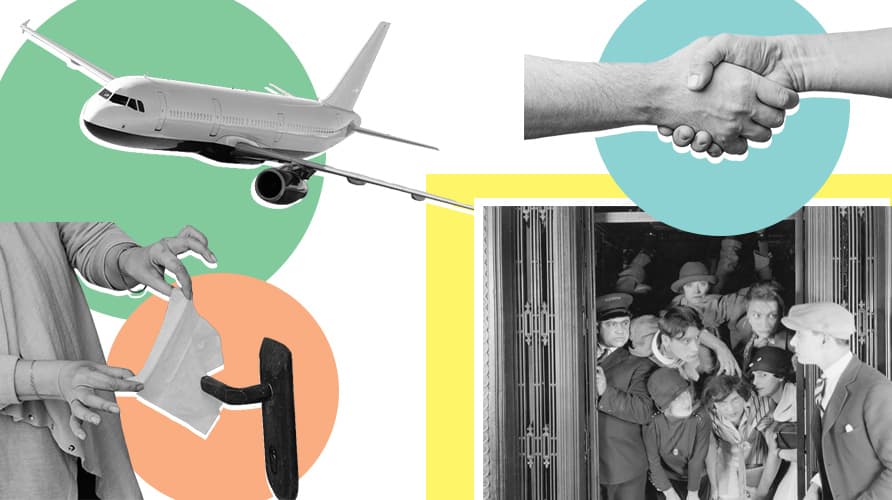
How Does Anxiety Affect Your Sleep?
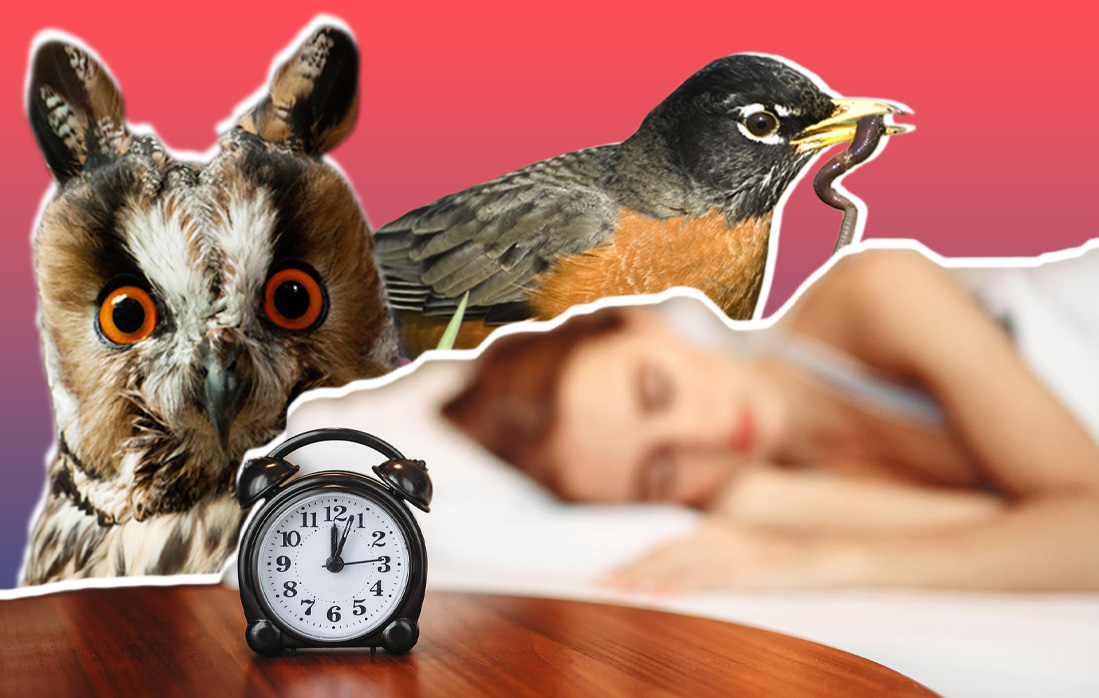
Can You Become a Morning or Night Person? Experts Weigh In.
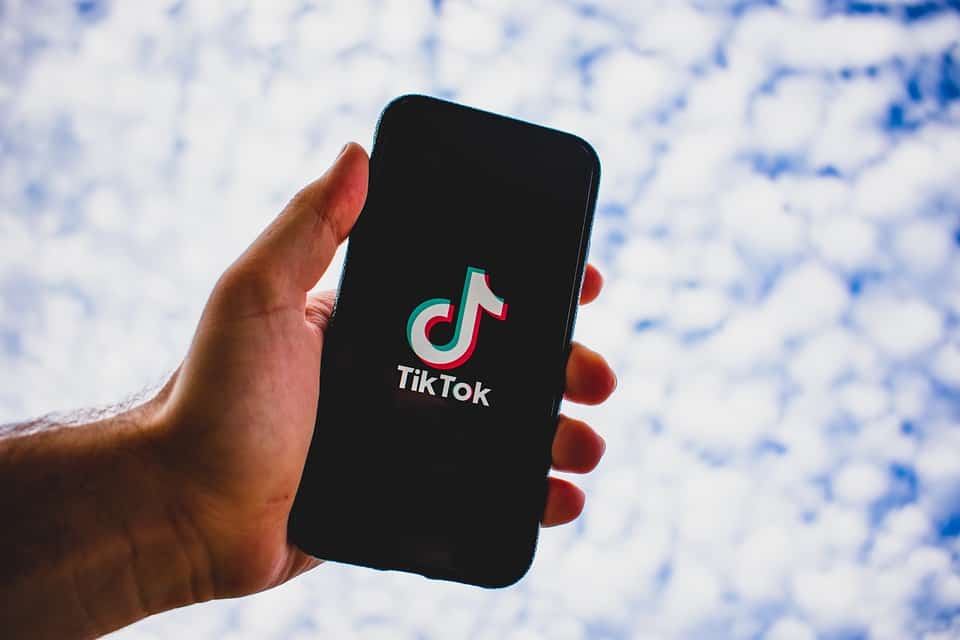
Gen Z Is TikTok Tired and Women Are Feeling It the Most
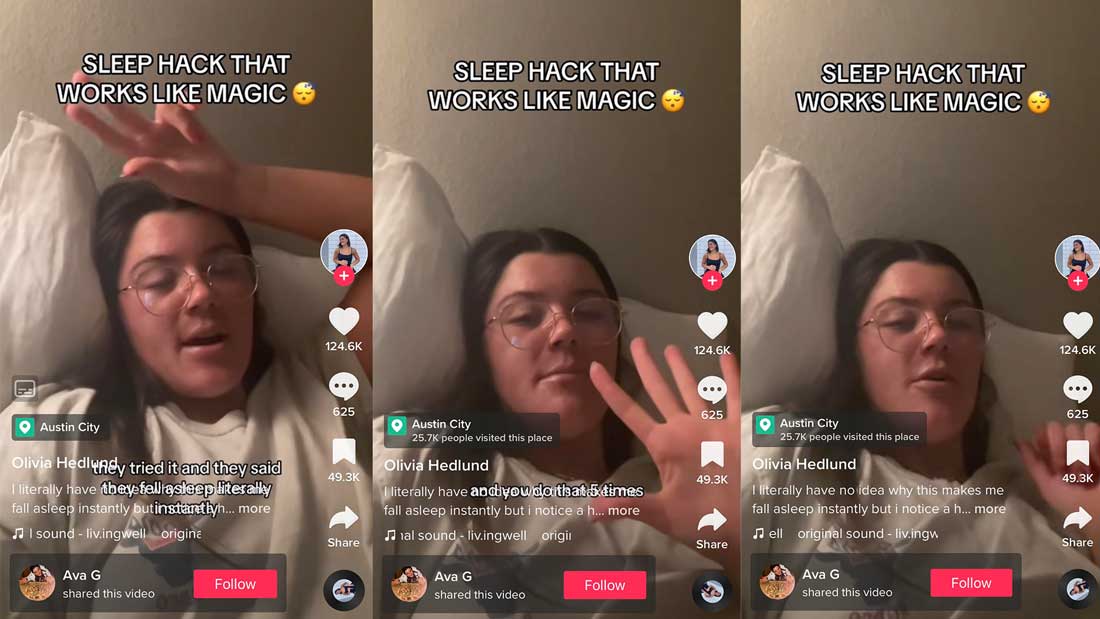
Is the Pineal Gland Meditation Method a Magic Trick For Falling Asleep Faster?
Sources
1. Bayliss, Charlie; “Brits say they’re tired ‘all the time’ as stress leaves millions struggling to sleep,” The Independent (UK); https://www.independent.co.uk/news/health/tired-stress-healthy-habits-nights-sleep-b2313299.html; April 7, 2023.
2. Mintel; “2024 Global Consumer Trends,” https://www.mintel.com/insights/consumer-research/global-consumer-trends/#download; February 2024.
3. Galland-Decker C, Marques-Vidal P, Vollenweider P. Prevalence and factors associated with fatigue in the Lausanne middle-aged population: a population-based, cross-sectional survey. BMJ Open. 2019 Aug 24;9(8):e027070. doi: 10.1136/bmjopen-2018-027070. PMID: 31446404; PMCID: PMC6720133.
4. Rebecca Rodrigues, Amy Jing, Kelly K. Anderson, Rea Alonzo, Piotr Wilk, Graham J. Reid, Jason Gilliland, Guangyong Zou, Kathryn Nicholson, Giuseppe Guaiana, Saverio Stranges; “Who sleeps well in Canada? The social determinants of sleep health among middle-aged and older adults in the Canadian Longitudinal Study on Aging,”
Sleep Health; https://www.sciencedirect.com/science/article/abs/pii/S2352721823002358?via%3Dihub; 20235. Amy C Reynolds, Pieter Coenen, Bastien Lechat, Leon Straker, Juliana Zabatiero, Kath J Maddison, Robert J Adams and Peter Eastwood; “Insomnia and workplace productivity loss among young working adults: a prospective observational study of clinical sleep disorders in a community cohort,” The Medical Journal of Australia; July 10, 2023.
Terry, Asha. Author interview. February 2024.
